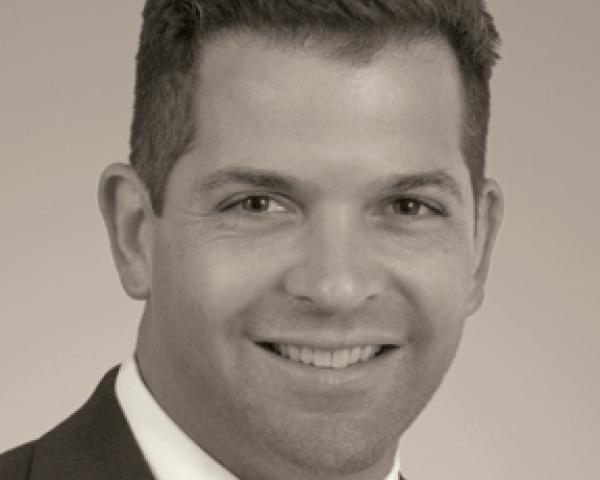Property insurance claims require significant time, effort and attention from risk management, finance and operations personnel. From the moment the loss is reported, insurers will have what seems like endless requests for information, and they'll scrutinize every figure presented. Then the insured has to put the claim together and present it to the property insurers. The amount of activity is often more than the policyholder anticipates. Insurers understand the burden this places on the policyholder, and it is the reason most insurers offer professional fees coverage. This minor endorsement can be a major difference maker both in effort and outcome.
Here's an example of professional fees wording from a recent policy referring to the coverage for actual costs incurred by the insured: "reasonable fees payable to the insured's: accountants, architects, auditors, engineers and other professionals; for producing and certifying any particulars or details contained in the insured's books or documents, or such other proofs, information or evidence required by the company resulting from insured loss payable."
As you can see, the wording is intended to cover the additional costs associated with the claim.
Here's what's generally not covered:
1) "attorneys, public adjusters and loss appraisers, including any of their subsidiary, related or associated entities either partially or wholly owned by them or retained by them for the purpose of assisting them,
2) "loss consultants who provide consultation on coverage or negotiate claims."
The specific wording of the endorsement will vary and should be carefully reviewed before engaging outside claim services. Some wording is broad and will cover most consultants. Other wording is more restrictive and eliminates certain classes of consultants. To determine what's best for your business, consider the available service providers and evaluate who would best represent your interests.
Often, policyholders don't fully understand the nature of this coverage. Some don't know of it. Some are unaware if they have it. Others may not know if or when to involve a specialist in their claim.
Don't confuse the purpose of this coverage with the "free" help that the insurance adjusters offers. The adjuster's job is to confirm coverage and audit the claim. It is the responsibility of the insured to measure, document and present the claim. If the adjuster's consultants offer to help measure the loss and put the claim together, it would be like having the IRS prepare your taxes. As a courtesy, you should notify the adjuster that you plan to use a claim preparation firm and disclose billing rates and proposals, but the decision is yours to hire, and if the work matches the coverage the insurance company is required to pay for it within reason. The consultant is engaged by the insured, and invoices are reimbursed by the insurance company as part of the claim.
So who is the best choice to help you prepare your claim? Forensic accountants are the most common and appropriate service provider for claim preparation. Forensic accountants can help with:
- the tedious and burdensome tasks associated with the claims process
- expertise on the adjustment process
- efficient interface with policyholder data gathering resources
- maximizing recovery and expediting claim resolution
- making the formal claim presentation
While the policyholder still needs to produce information, the claim preparers will efficiently package the information in the form of claim presentations. Some brokers have a claim preparation unit, but there could be a conflict of interest there, as well. The broker is an intermediary between the insured and the insurer. It is difficult to walk that line and truly be supportive of the insured. Most brokers accept contingent commissions based on the profitability of an engagement during the policy year, and the client executives have incentives to use their own services. While not a clear conflict, it certainly has potential to influence the position of the insured.
The good news is there are firms that won't come with baggage -- i.e., conflicts of interest. The best solution is a third party, independent firm that has ample experience and can represent your interests with a specialized skill set. Remember, the firm must be skilled in the complexities of property damage and business interruption claims.
It is critical to have your claim preparation team vetted ahead of a loss. Finding time to interview forensic accountants and review proposals after a loss can waste precious time and derail a claim before it even gets going.
"Do your due diligence and find the best fit for your organization by arranging introductions to your finance/accounting leadership. It is worth the effort when you find the right partner," says John Lafferty, manager, risk and insurance management, at Air Products & Chemicals.
If you have property exposure, it's wise to have your forensic accountants in place and to have the coverage for their services. Risk managers should include professional fees coverage in their discussions with underwriters. With most carriers, it should not materially affect your premium -- if at all. As the market continues to soften, many policyholders are enjoying rate reductions with improved terms, so this is the perfect market climate to explore professional fees coverage if you don't have it. If you do have coverage, look for increased limits. A good benchmark for limits would be to 1% to 2% of your probable maximum loss. This should easily cover the costs for claim preparation from a reputable firm.
If you apply this information and incorporate these recommendations, the next time you have a property loss with business interruption the process will be smoother and results will impress you and your executives. So find your team and get that coverage. You'll be prepared to recover whatever loss comes your way.








